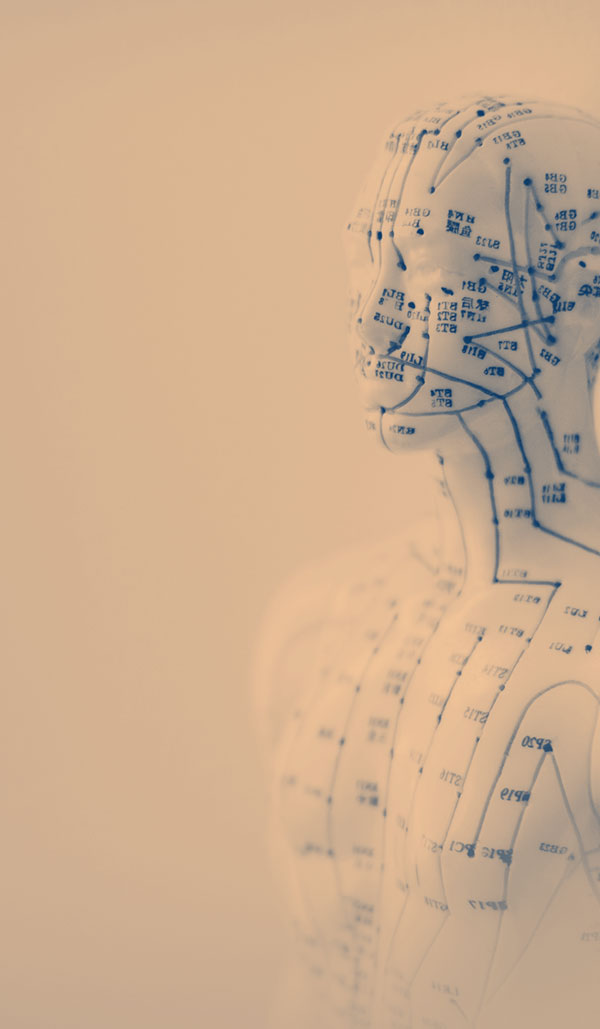
What can we treat?
Acupuncture has been found to be helpful in the treatment of many chronic and painful conditions including:
Back pain and joint problems
Depression
Headache and migraine
IBS and digestive disorders
Insomnia
Stress and anxiety
Gynaecological problems and infertility
Arthritis
Repetitive Strain injuries
Tiredness
Addictions
Acupuncture and Chinese Medicine can be
effective for many other conditions not
listed here, even when other forms of
treatment have been tried, or where there
appears to be no explanation for the
problem in terms of conventional medicine.
Chinese Medicine looks at the problem in
terms of the whole person, and attempts
to determine and treat the underlying
cause, not just the symptoms.
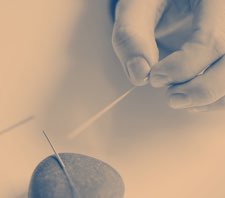
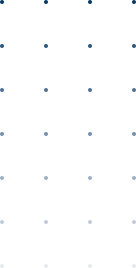

Pain
Pain is one of the most common reasons for
choosing acupuncture treatment.
There are different theories as to why it can be
effective: it may block the pain messages to the
brain, or act as a type of counter-pain, or
stimulate the body’s own natural pain-killing
substances.
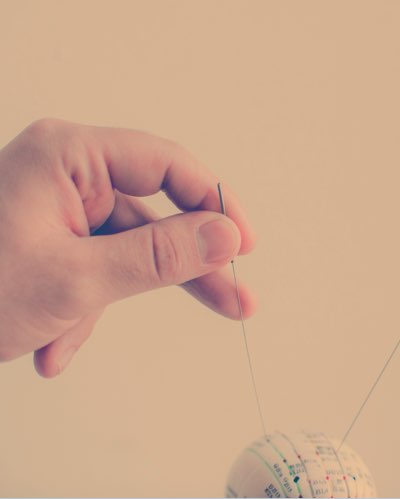

Back pain, migraine, sciatica, arthritis, tendonitis and sprains are some of the painful conditions which acupuncture can help relieve. Many people find some relief from the very first treatment, but in most cases, especially if the problem is a long-standing one or it is aggravated by your job or lifestyle, a course of treatment will be needed. Sometimes the relief is temporary at first, but increases with more treatments, as acupuncture has a cumulative effect on the body.
Most people who come for treatment will be given acupuncture but we may also support this with tui na massage, moxibustion, electro acupuncture, cupping, medicated oils and plasters where appropriate. Some of these practices can even replace acupuncture, rather than support it, for those who really do not like the idea of needles!
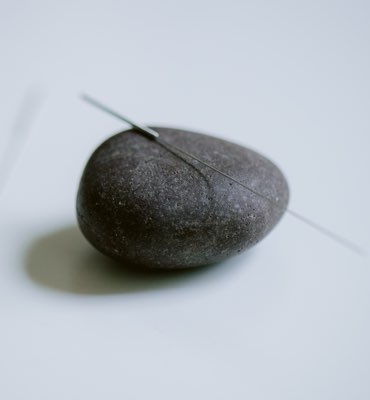
Fertility
Acupuncture has been used in China for
centuries to support fertility (both male
and female) and pregnancy. Acupuncture
can be used to promote fertility and to
help couples who are experiencing
problems conceiving and are preparing for
artificial reproductive technology. Once
pregnant, acupuncture can also help
support a variety of pregnancy related
issues.
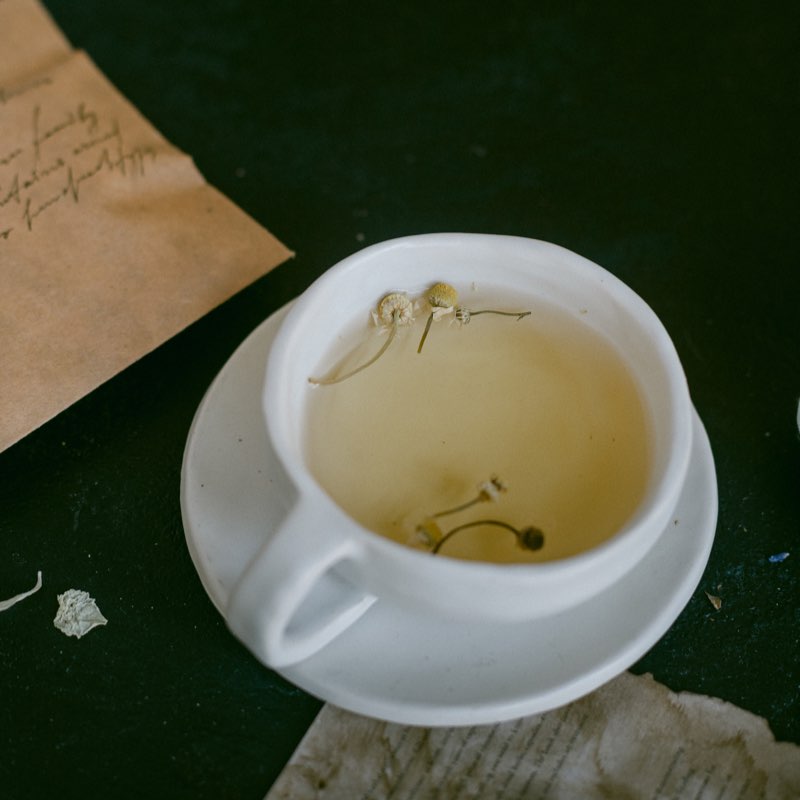
From a Traditional Chinese Medicine viewpoint, acupuncture is effective because it helps relieve stress, corrects imbalances and increases the circulation of Qi and Blood. From a Western view it is thought to help in the following areas:
a. Regulating the menstrual cycle –
stabilising hormones like FSH and
oestrogen to help alleviate causes of
cycle irregularity. Acupuncture is thought
to help restore the natural flow of a
working, regular, cycle.
b. Enhance egg development – boosting
circulation to the ovaries making more
follicles and healthier eggs.
c. Improving the endometrial lining –
increasing circulation to the uterus,
strengthening its lining and its ability to
hold the eggs full term.
d. Relaxing the patient- stimulating opioids
to provide stress relief during an
emotional, anxious time.
e. Improving sperm quality and quantity –
Research (1) has shown that sperm form,
motility, count, density and vitality were all
encouraged with acupuncture treatment.
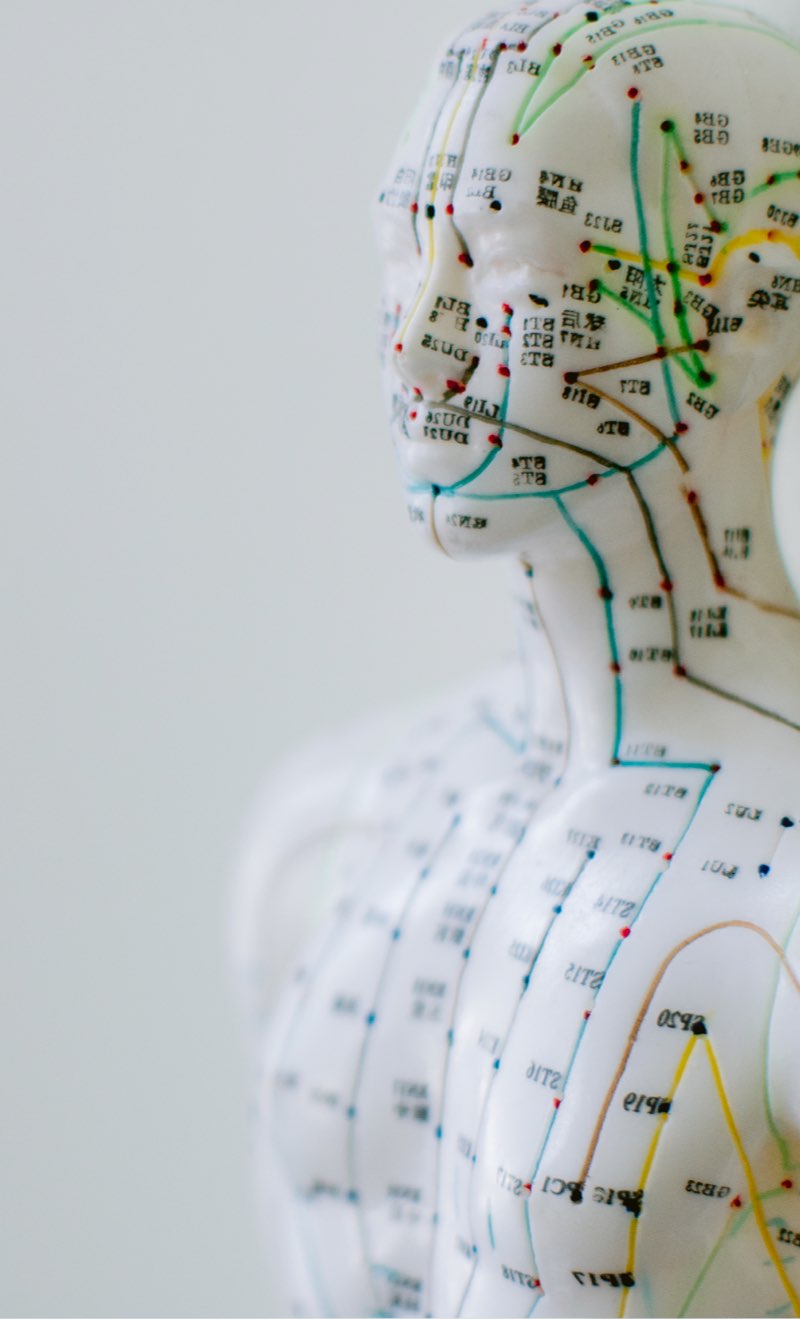
The Chinese theory of fertility
In Traditional Chinese Medicine, the Kidney system is responsible for reproduction, growth and development. The Kidneys store a substance called Essence which is the foundation on which our bodies function and develop. Some of our Essence is inherited from our parents, and the rest comes from the food we eat and the way we live our lives. This store of Essence is used up as we move through our lives.
The strength of our Essence is a significant factor in conception and determines the health and vitality of our children. If the parents’ Essence is inadequate, due to inherited constitution, ageing, overwork, excessive physical exertion, irregular diet,inadequate rest or chronic illness, then there may be problems in conceiving.
If a couple want to have a child, there are ways to support their Kidney Essence:
– Maintain a proper diet, high in wholefoods and avoiding excessive amounts of cold, raw and sugary foods
– Avoid exposure to cold and damp conditions
– Deal with stress and emotions appropriately
– Abstain from smoking; reduce intake of coffee and alcohol
– Maintain regular work and rest patterns
What happens during treatment?
A full case history is taken and all aspects
of the patient’s lifestyle are taken into
account, as matters such as diet and the
emotions have an important part to play in
reproductive health.
The tongue and pulse are examined as
these can reveal important information
about the patient’s health and constitution.
Every patient presenting with fertility
problems is different and their treatment ,
therefore, is unique to them.
In determining the treatment plan, the
patient’s history,
symptoms, lifestyle, tongue and pulse are
all assessed in order to determine the
‘pattern of disharmony’. The purpose of
treatment is not just to treat infertility, but
to address the underlying disharmony
which is preventing conception.
The acupuncture treatment itself may
involve around 8—16 needles which are
left in place for 20 minutes. Other Chinese
medicine treatments such as moxibustion
and tui na massage may also be used.
After the first visit, treatments normally
take 45—60 minutes
How long will treatment take?
The course of treatment for infertility is
usually longer than for other conditions.
This is because changes can only be
observed on a monthly cycle, and it may
take many cycles for the underlying
problem to be addressed.
A course of treatment of between three
and six months would not be unusual,
which is equal to three to six weeks in the
treatment of other problems.
Unfortunately acupuncture is not a ‘quick
fix’ and there may be a need to make
dietary and lifestyle changes to support
the treatment in clinic and increase the
chances of success.
Assisted Reproductive Technology
Many couples who have difficulty
conceiving by traditional methods employ
various techniques to assist them in the
reproductive process. The most common
is In Vitro Fertilisation (IVF). In cases
where the male sperm count is low a
different procedure known as
Intracytoplasmic Sperm Injection (ICSI)
may be used. Success rates for each
therapy range from as low as 1% to as
high as 50%.
In 2002, groundbreaking research (2)
showed that adding acupuncture to the
treatment regime dramatically improved
pregnancy rates. These findings were
confirmed and heightened in 2008 when
Eric Manheimer published a
comprehensive review of acupuncture’s
effects on IVF treatment in the British
Medical Journal (3). In the review, seven
trials, all published since 2002 and carried
out under strict control procedures in
western countries, featured 1366 women
undergoing IVF or ICSI. The women were
randomly assigned to a control group or
an acupuncture group.
Six weeks after embryo transfer all
women were given ultrasound
examinations where scientists found
pregnancy rates on average 65% higher in
the acupuncture group. Furthermore, the
trials showed an 87% increase in
continuing pregnancy and a 91% increase
in live births. All the results are statistically
significant.
Acupuncture is a safe adjunctive therapy
for women undergoing IVF/ICSI as there
are no adverse effects from the
treatment. It can also be used throughout
all stages of pregnancy to ease morning
sickness, back pain, sciatica, breech
presentation and labour induction.
References
1. Neal J. Acupuncture for male infertility.www.lineone.net. Accessed November 2008
2. Paulus W et al. Influence of acupuncture on the pregnancy rate in patients who undergo assisted reproduction therapy. Fertility and Sterility. April 2002; 77: 4
3. Manheimer E, et al. Effects of acupuncture on
rates of pregnancy and live births among women
undergoing in vitro fertilisation: systematic review and meta-analysis. British Medical Journal. February 2008; 336: 545-549
4. Tang, S (2007) ‘Infertility and TCM’ seminar
5. Zhao, X (2006) ‘Traditional Chinese Medicine for Women’
Contact
Address
Leighton House
Leighton Business Park
Chester High Road
Heswall
Wirral
Merseyside
CH60 3RZ
Phone

Directions
We are located just off the Chester High Road, about half a mile from the Gayton roundabout and 10 minutes from Junction 4 M53.
Turn left at the ‘Welcome to Cheshire’ sign, between the Heatherland and Leighton Car garages (opposite Boathouse Lane).
The John Knight Glass showroom is straight ahead and, as you go through the gates, you will see the Acupuncture First clinic to your left.
